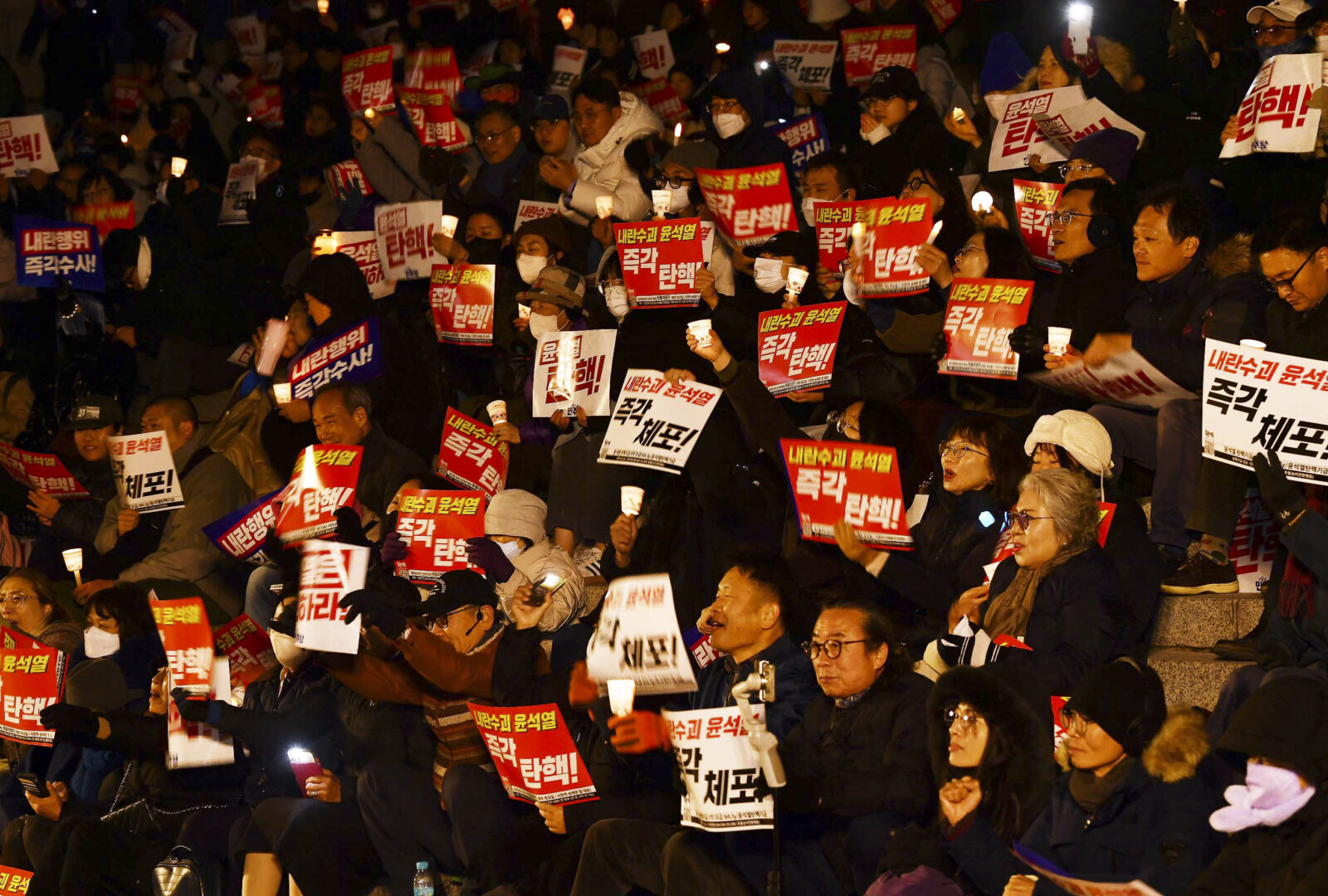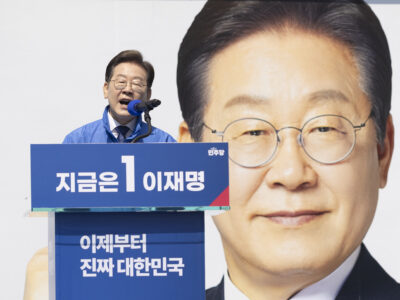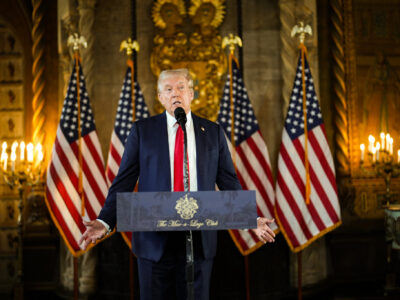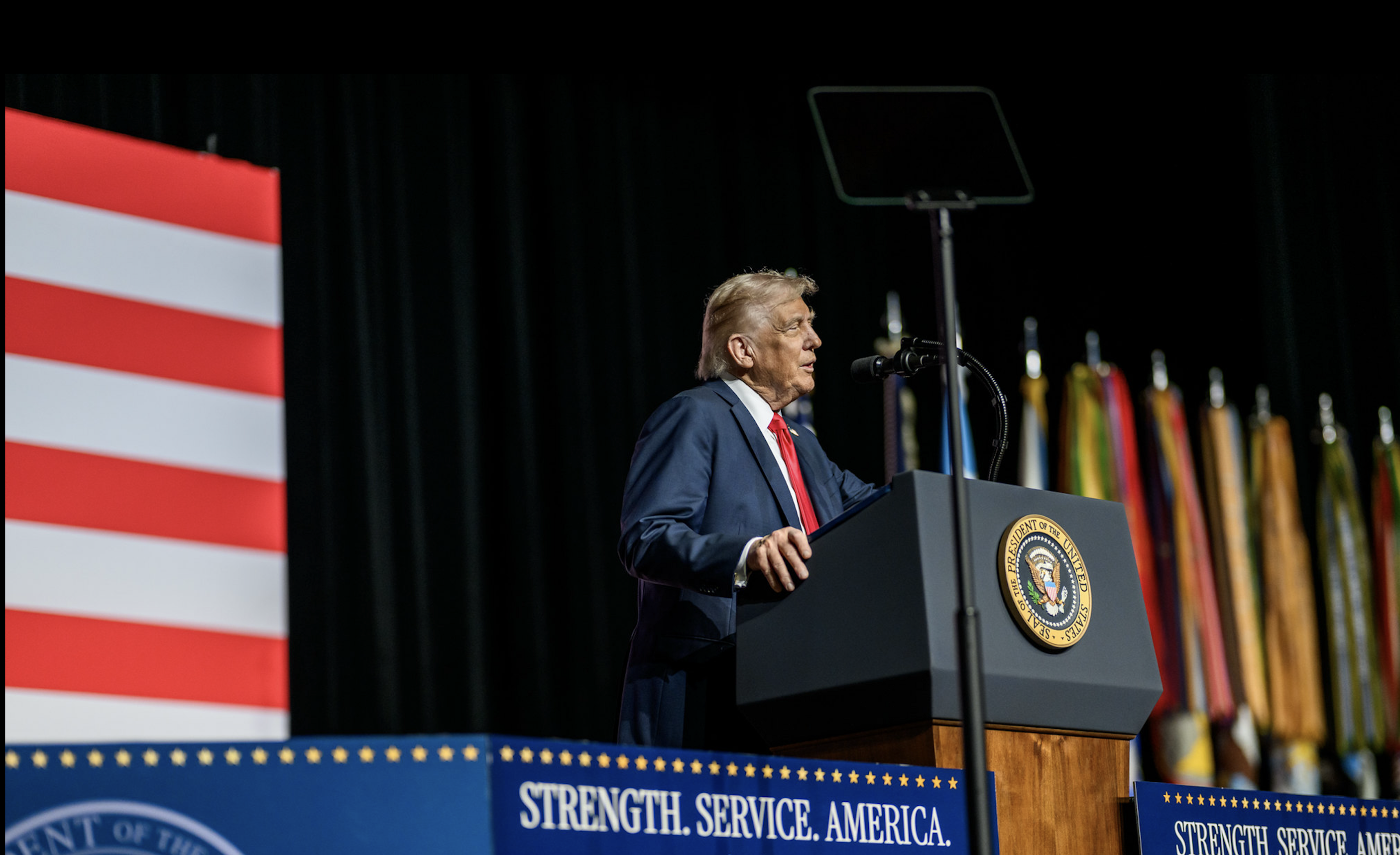The Aftermath of South Korea’s Martial Law Fiasco
In a sudden late-night announcement on December 3, 2024, South Korean President Yoon Suk Yeol declared martial law, marking the first suspension of democratic rights in South Korea since the end of military dictatorship in 1987. Thanks to lawmakers’ rapid reactions and successful emergency gathering, martial law was revoked and lifted six hours after the declaration. Nonetheless, the sight of citizens and lawmakers facing off against soldiers in front of the National Assembly evoked vivid memories of past periods of military rule. Yoon’s gambit spread outrage across South Korean society, shocked global partners, and incited massive protests demanding Yoon’s impeachment.
In light of the ongoing political turmoil in South Korea, there are many questions to be answered. How did partisan tensions spin out of control? What are the domestic political consequences of the martial law fiasco? What are the implications for the US-ROK alliance and South Korean foreign policy?
To discuss these questions and more, the Quincy Institute held a conversation with Nathan Park, non-resident fellow at the Quincy Institute, Natalia Slavney, research analyst at the Stimson Center, and James Park, research associate at the Quincy Institute. Jake Werner, acting director of the East Asia Program at the Quincy Institute, moderated.
Program
Topics
Countries/Territories
Entities
Panelists
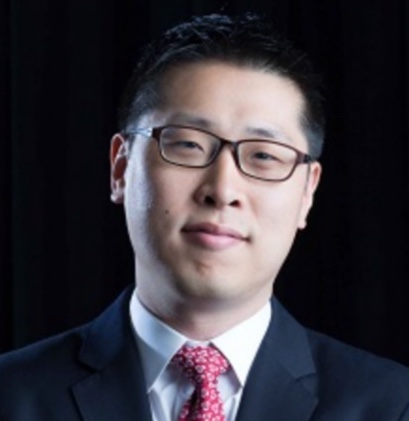
Nathan Park
Nathan Park is a non-resident fellow at the Quincy Institute and an attorney based in Washington, D.C. Mr. Park’s practice is focused on international litigation, arbitration, and regulatory actions including matters involving trade and export control. Mr. Park writes frequently about politics and economy in East Asia for the Wall Street Journal, The Washington Post, CNN, and Foreign Policy, among others.

Natalia Slavney
Natalia Slavney (she/her) is a research analyst for the Korea Program and assistant editor for 38 North at the Stimson Center. Her research experience and interests include humanitarianism and aid, international law, human rights, inter-Korean relations, US-DPRK relations, digital surveillance technology and information controls in North Korea, and the North Korean economy. Since 2019, she has conducted extensive research on individual freedoms and access to political rights and civil liberties in the two Koreas for Freedom House’s Freedom in the World Index. She serves as a member of the National Committee on North Korea (NCNK) and a nonresident fellow at the European Centre for North Korean Studies at the University of Vienna.
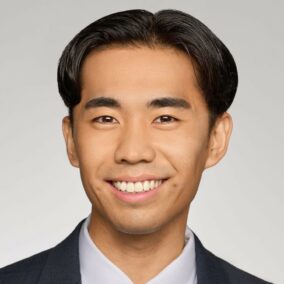
James Park
James Park is a research associate at the Quincy Institute’s East Asia Program. His research covers South Korean foreign policy and domestic politics, Chinese security issues, and U.S. policy vis-à-vis East Asia. He has written about Korean and Chinese affairs for various outlets, including The Diplomat, The National Interest, and Responsible Statecraft. James completed a master’s in Asian Studies at George Washington University, a graduate certificate in International Politics and Chinese Studies at the Hopkins-Nanjing Center, and a B.A. in Global Studies with a minor in Mandarin Chinese from Arizona State University.

Jake Werner
Jake Werner is acting director of the East Asia Program at the Quincy Institute. His research examines the emergence of great power conflict between the US and China and develops policies to rebuild constructive economic relations. Prior to joining Quincy, Jake was a Postdoctoral Global China Research Fellow at the Boston University Global Development Policy Center, a Harper-Schmidt Fellow at the University of Chicago, a Fulbright Scholar at National Chiao Tung University in Taiwan, and a Fulbright-Hays Fellow at East China Normal University in Shanghai. He received his PhD in history from the University of Chicago.

